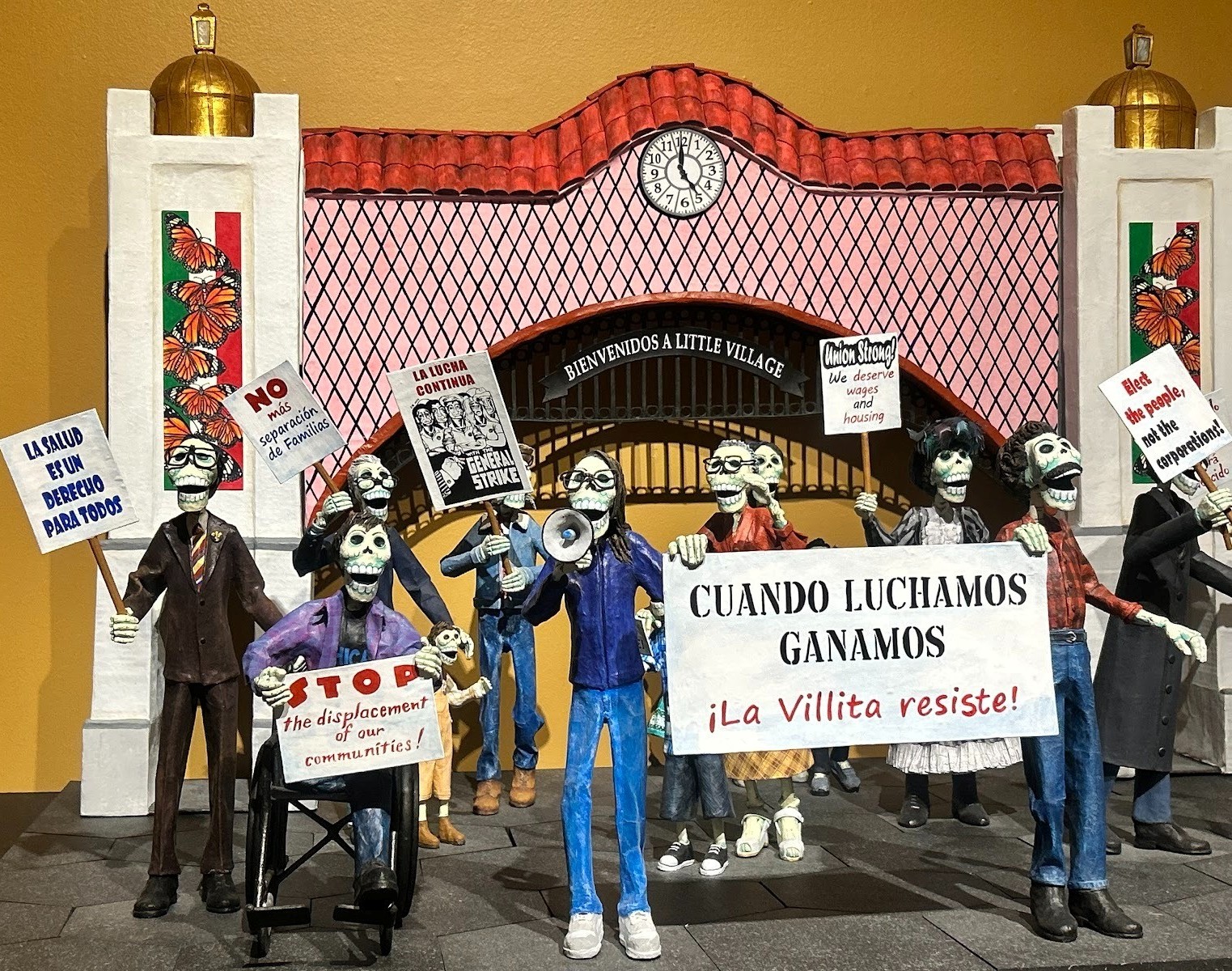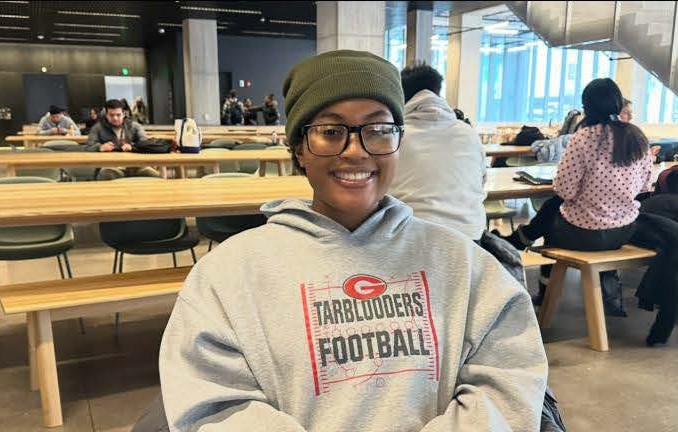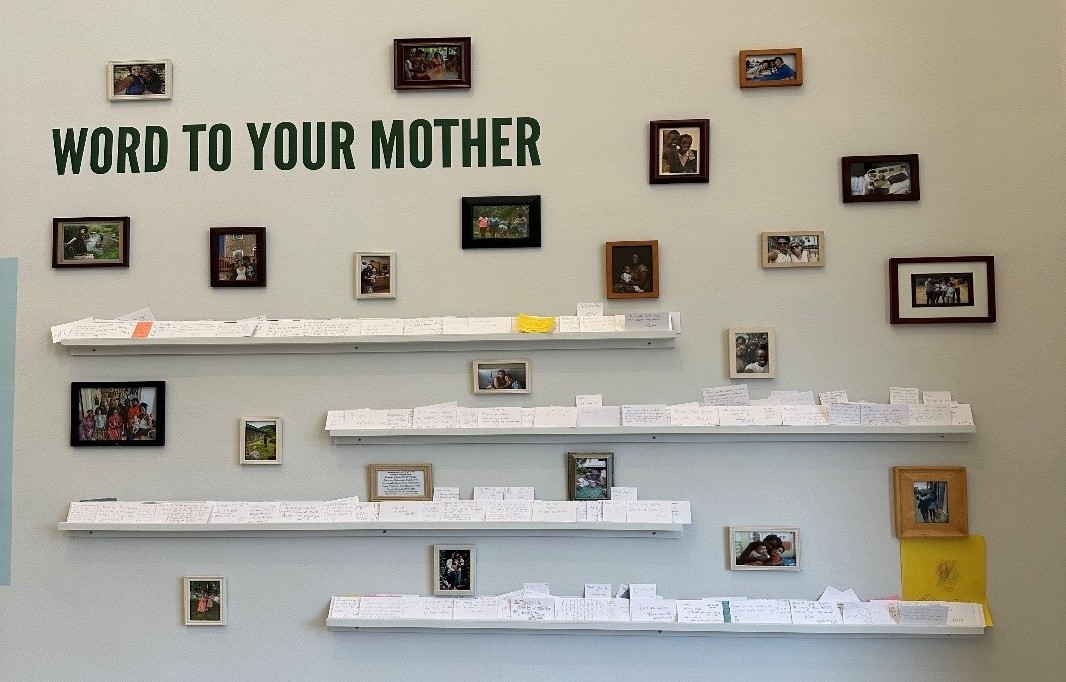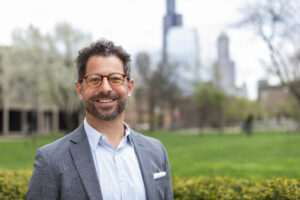
Inna Zaborenko knew she had to get her family out of Ukraine.
The married mother of two lived in Kiev, a city just over 90 miles away from the epicenter of the Chernobyl disaster. An explosion at the Chernobyl Nuclear Power Plant in April 1986 released a large amount of radioactive material into the area.
The explosion devastated the area and caused sickness, death and deformity amongst Ukrainian’s population.
“Children were born with square heads,” she said, describing babies in Ukraine born after the disaster.
In 1988, Zaborenko’s son was approaching his 18th birthday and would be required to enlist in the Russian army for two years of service. She said the Russian army was horrible, and she didn’t want her son to enlist. A friend’s son had recently died while serving, supposedly from pneumonia. But when her friend picked up her son’s body, army officials wouldn’t let her open the coffin. Her friend insisted upon seeing her son’s body and opened the coffin.
“He had been beaten to death with shovels,” Zaborenko said.
After a cousin who lived near Chernobyl died of leukemia, Zaborenko had enough of tragedy. In December 1988, she applied for and received permission to leave Ukraine for the United States with her family. The family’s sponsor lived in suburban Skokie, and they settled there in September 1989.
Desperate for work and not knowing a word of English, Zaborenko cleaned houses; at night, she drove a cab with her husband. Twenty hour work days were normal. During this time, an Asian-American woman named Eleanor Tanaka offered Zaborenko a job at Crown V, a Skokie nail shop owned by Tanaka. Zaborenko accepted the position, even though she had never worked on anyone’s nails but her own.
“Years later, she told me she knew how badly I needed the job. She is my guide through this life,” Zaborenko said of Tanaka, who could not be reached for comment.
Employment at Crown V meant more money, but it also led to other opportunities that had personal and career implications. Zaborenko and her husband were thinking about purchasing a house in Skokie. Customers at Crown V knew this, and Zaborenko said they loaned her and her husband $14,000—without interest—to buy the house. Thankful for the gesture, and with both incomes, the Zaborenkos paid back the loan within two-and-a-half years.
Zaborenko’s story is not unusual, thought it must feel unfamiliar. People from the neighborhood rallied around her. Local teachers were customers at Crown V, and Zaborenko’s co-workers would ask them what she had to do to get certified in Illinois.
Zaborenko said she was working on her English at this time, forgoing Russian radio programs for American books and newspapers. She traveled to the Illinois State Board of Education in 1996, where she passed her oral exam and was certified. In 1998, Zaborenko accepted a substitute teacher position in Skokie district 68. Then in 2000, she was offered a full-time teaching position at Old Orchard Middle School, where she still teaches.
Because she’s been an educator in the United States and Ukraine, Zaborenko can speak to the differences in teaching between the countries. She said the school day hours are unlimited in Ukraine. If it took three hours of after-school tutoring or the student coming to her home for help, Zaborenko made sure the student received guidance.
Zaborenko said another difference is that Ukrainian students remain with the same teacher for a number of years.
“Here, students move on after a year when we’re just starting to get to know each other,” she said. “There, teachers are with students from the first four grades, the next two, then the first years of high school.”
Ukrainian teachers also enjoyed more rights when Zaborenko taught there. She said if a student continued to misbehave in class, a teacher could call the parent at work and request they come to class with their child for two weeks to keep an eye on them. She doesn’t think that would work in the United States.
“The parents would ask me if I was out of my mind,” said Zaborenko.
Educated Ukrainians like Zaborenko fleeing the country is nothing new, according to Oles Strilchuk, president of the Ukrainian Congress Committee of America (UCCA) in Illinois.
“They need to stay and do good for the country,” Strilchuk said of educated Ukrainians, adding that 25 percent of Ukraine’s Gross National Product comes from departed relatives sending money back home.
He said Ukrainian immigrants are still come to the United States because of the poor economic conditions back home. Ukraine’s government has unqualified legislators in office, Strilchuk said, and they are allowing banks and small businesses to fail.
In particular, Strilchuk said Ukraine President Viktor Yanukovych is inept and supports Russian ideals rather than Ukraine ideals. He said Ukraine’s media speaks Russian rather than Ukrainian, calling it “Russiafication.” Russia wants to eliminate Ukraine villages and bring in Russians to live, Strilchuk said. He said Ukraine’s good agriculture and proximity to the Black Sea make it attractive to Russia.
“Under the new regime, Ukraine is on a fast track to going back to communism,” said Strilchuk.
Even with the problems, Zaborenko said she misses Ukraine sometimes. When she went back for a visit in 1994, she asked her husband if she was “going from home or am I going to home?” He told her she would know on the way back. Zaborenko said during the visit, the Ukrainians had grey faces.
Rough living conditions in Ukraine may have to do with the Ukrainians’ appearance. Phyllis Muryn Zaparaniuk, business manager at Chicago’s St. Nicholas Ukrainian Catholic Cathedral, lived in L’viv, Ukraine for three years. She said relatives younger than her looked years older. Ukraine is behind in technology, which leads to harder labor work than in the United States, she said. Alcohol abuse is common.
“Men are encouraged to drink; it takes away troubles,” said Zaparaniuk.
In the airport after her visit to Ukraine, Zaborenko found herself lost in thought. “I’m so lucky to be out of here,” she said.

















Be First to Comment